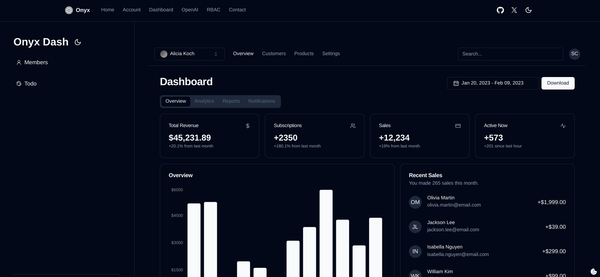Cardano and Canton: A Powerful Partnership for Enterprise Blockchain
The blockchain landscape is rapidly evolving..

The blockchain landscape is rapidly evolving, with new platforms and technologies emerging to address specific industry needs. Among these, Cardano and Canton stand out as promising contenders, each offering unique advantages. While they may seem different at first glance, a closer look reveals significant potential synergies between these two ecosystems.
The Power of Domain-Specific Languages (DSLs)
One of the key factors driving the potential for collaboration between Cardano and Canton is their shared reliance on domain-specific languages (DSLs). DSLs are programming languages tailored to a specific domain, providing a more concise and expressive way to model and solve problems within that domain. By using DSLs, developers can focus on the core logic of their applications rather than worrying about the underlying technical details of the blockchain.
Benefits of DSLs:
- Increased productivity: DSLs simplify development by providing a higher-level abstraction, reducing the amount of code needed to accomplish tasks.
- Improved readability: DSLs use domain-specific terminology, making code easier to understand and maintain.
- Enhanced correctness: By enforcing domain-specific rules and constraints, DSLs can help prevent errors and ensure the accuracy of applications.
Cardano's Plutus and Canton's DAML: A Comparative Analysis
Both Cardano and Canton employ their own DSLs to enable smart contract development. Let's explore these languages in more detail:
Cardano's Plutus:
- Functional programming paradigm: Plutus is based on Haskell, a functional programming language known for its purity, immutability, and strong type system.
- On-chain execution: Plutus contracts are executed directly on the Cardano blockchain, ensuring decentralization and security.
- Flexibility: Plutus offers a high degree of flexibility, allowing developers to create a wide range of smart contracts.
Canton's DAML:
- Domain-specific language for financial contracts: DAML is specifically designed for modeling and executing financial contracts, making it ideal for enterprise applications.
- Off-chain execution: DAML contracts are executed off-chain, providing better performance and scalability.
- Interoperability: DAML supports interoperability with other blockchains and systems through its integration with the Daml Ledger Model.
While Plutus and DAML have different strengths, they share a common goal: to provide developers with a powerful and expressive tool for building smart contracts. By leveraging the complementary features of these languages, it's possible to create more robust and scalable blockchain applications.
Synergies Between Cardano and Canton
The combination of Cardano and Canton offers several potential benefits for enterprise blockchain solutions:
- Enhanced security and decentralization: Cardano's proof-of-stake consensus mechanism and on-chain execution provide a high level of security and decentralization. Canton's off-chain execution can complement this by offering improved performance and scalability.
- Improved interoperability: Canton's Daml Ledger Model can facilitate interoperability with other blockchains and systems, expanding the reach of Cardano-based applications.
- Tailored solutions for financial services: DAML's focus on financial contracts makes it an ideal choice for building enterprise blockchain solutions in the financial services industry. Cardano's broader capabilities can be leveraged to support other aspects of these solutions, such as supply chain management or identity verification.
Potential Enterprise Use Cases
Here are some examples of enterprise use cases where the combination of Cardano and Canton could prove profitable:
- Tokenized securities: Cardano's security and decentralization can be combined with Canton's financial contract capabilities to create a robust platform for tokenizing securities.
- Supply chain management: Cardano's traceability features can be used to track the movement of goods, while Canton's smart contracts can automate processes such as payments and settlements.
- Identity verification: Cardano's identity management capabilities can be combined with Canton's privacy-preserving features to create secure and efficient identity verification solutions.
- Decentralized finance (DeFi): Cardano's smart contract platform can be used to build a variety of DeFi applications, while Canton can provide additional functionality for specific use cases, such as derivatives or structured products.
Conclusion
The synergy between Cardano and Canton presents a compelling opportunity for enterprises looking to leverage blockchain technology. By combining the strengths of these two platforms, it's possible to create more secure, scalable, and interoperable blockchain solutions that address the specific needs of various industries. As the blockchain landscape continues to evolve, the potential for collaboration between Cardano and Canton is likely to grow. In the next article in the 'Cardano Canton' series, we'll make the case for a Rust based solution aimed at enabling the enterprise usability of DAML on Solana, Cosmos, Sui, and Zetachain.




